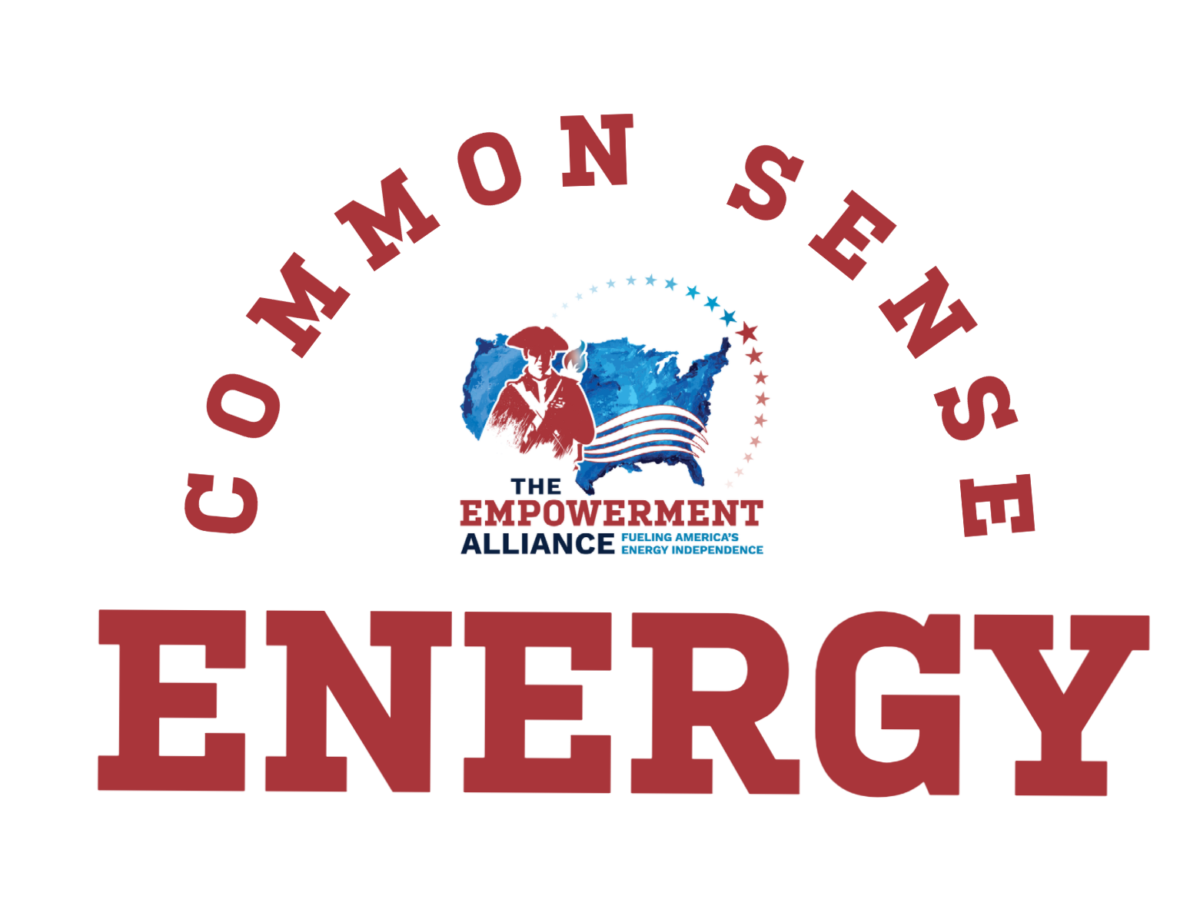
[Carbon] Taxation is Theft
December 1, 2023
December 1st, 2023

- Stay up to date on all things energy by visiting the TEA Newsroom.
- Natural Gas CARES: It is the world’s Cleanest, Affordable,
Reliable Energy Source. - Opinion: Make China pay for its polluting advantage.
- The pricey reality behind Biden’s EV aspirations.
- Opinion: The Biden energy slush fund.
- UN set to call on Americans to eat less meat.
- OPEC+ looking at deeper oil cuts.
- Democrat governor withdraws EV mandate.

The issue: Could President Biden’s clean energy push be a victim of its own success? Is it too much, too soon, as this New York Times piece suggests?
As The Empowerment Alliance has said from the beginning of the Biden presidency, innovation and progress in the energy industry are necessary. But when the government, not the free market, pushes for such innovation and progress to the detriment of affordable, reliable energy, it can have devastating economic consequences.
Also, the adage walk before you run comes to mind. But Biden and the Green New Deal crowd are already in a full sprint, with the 2024 election at the top of their minds. One renowned economist cautions that this green energy scheme could be ’10 times worse’ than what President Obama did while in office.
Why it matters:
- The federal government is on track to spend nearly $3 trillion on green energy investments.
- Now, to be clear, these aren’t free market, business investments. This is the government subsidizing things like wind and solar power and electric vehicles with your taxpayer dollars. And they just keep on coming.
- They also create burdensome regulations that drive up the cost of traditional and reliable American energy sources like natural gas, which we have a century’s worth or more beneath our feet.
Consider: Remember, none of this would have been possible without Biden’s signature deal, the Inflation Reduction Act, signed in the summer of 2022.
The legislation, while subsidizing renewable energy like solar and wind, offers an extra tax credit for developers who install American-made solar panels, with added incentives for the use of American-made components. One company, Qcells, earns a tax credit of $41.30 for every 590-watt panel made in Georgia.
But a dark cloud hangs over the solar industry’s rapid expansion, emanating from China. The $130 billion the Chinese have invested to maintain their control over solar panel components has created enough capacity to meet annual global demand until 2032, with a cost of production that is 65 percent cheaper than it is in the United States.
Bottom line: Biden’s political calculus in pushing green energy spending could turn into a crippling liability, with canceled plans and energy inflation rippling across the country, including in key 2024 states.

The issue: Some Republicans in Congress have surprisingly come out in favor of a carbon tax. The Foreign Pollution Fee Act is sponsored by Louisiana’s Bill Cassidy and South Carolina’s Lindsey Graham. These Senators are more often than not aligned with The Empowerment Alliance’s pro-American energy agenda. But on the carbon tax issue we offer our strong disagreement.
Why it matters:
- Costs would get transferred from the producer to the consumer, so in reality it is a hidden tax on average Americans.
- It takes America down a slippery slope. If we open the door to a carbon tax on international goods, this will inevitably result in a stronger push for a domestic carbon tax, similar to what is taking place in Canada, where only 15% of residents support the policy.
- Taxing carbon is taxing life. TEA’s fundamental position is that the free market is the only economic driver, not the federal government.
Consider: The reality is that importing businesses won’t have an alternative to paying the tariffs, which then would be filtered through supply chains and finally passed on to consumers.
Co-sponsors include Cassidy and Graham, alongside other Republican Sens. John Boozman of Arkansas and Lisa Murkowski of Alaska. In the House, Reps. John Curtis (R-Utah) and Scott Peters (D-Calif.) are preparing companion legislation.
Regardless of one’s political party affiliation, a carbon tax embraces a concept that expands the administrative state, raises taxes and increases prices — all in the midst of damaging inflation.
Bottom line: A carbon tax, in any form, is a non-starter. Ultimately, it will increase costs for average Americans and open the door for domestic carbon taxation that will spiral out of control and destroy energy affordability.

In case you missed it, OPEC+ announced another production cut this week, this time to the tune of 2.2 million barrels per day. Their bid to keep oil prices high will undoubtedly have an impact on U.S. gas prices. So far however, the effects seem to be minimal with the national average for a gallon of gasoline decreasing 2 cents over the past week, currently sitting at $3.25.

UN Climate Conference: On Thursday, November 30, through Tuesday, December 12, the United Nations Climate Change Conference, COP28, will be held in the United Arab Emirates.

“This will make it unaffordable for people to drive to work and heat their homes. But then there are the indirect costs, because when you tax the energy of the farmer who makes the food and the trucker who ships the food, you tax all who buy the food.”
— Canadian MP Pierre Poilievre on Justin Trudeau’s carbon tax.